The 10 Hot Consumer Trends for 2030 report covers how the internet of senses can be a reality by 2030 adding sensory experiences such as taste, smell and touch.


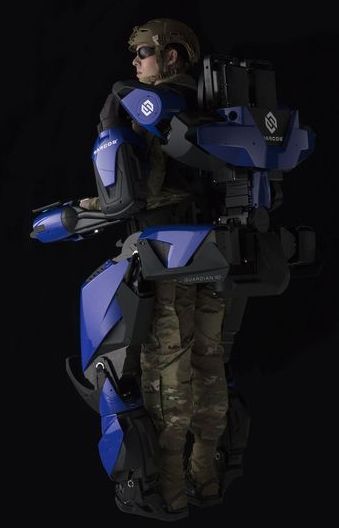
Sarcos sprinkled the flavor of the future on last year’s CES show when it revealed the latest evolution of its robotic exoskeleton technology, the Guardian XO. At this year’s CES, the Salt Lake City-based robotics specialist and Delta Airlines announced pilot trials, with Delta employees set to be among the first workers to suit up in the battery-powered, force-multiplying wearable robots, enjoying superhuman strength and endurance without body wear and tear.
Few things make us want to trade a cushy gig of rambling away about gadgets semi-coherently on the Web for a life of physical labor like the Guardian XO. A full-body robotic suit that turns its wearer into something of a near-cyborg superhero, the XO looks straight out of a dystopian sci-fi thriller and brings the capabilities to match. It bears its own substantial weight, along with 200 additional pounds (91 kg) of payload, letting the wearer lift heavy objects for hours without physical strain or fatigue.
Sarcos says the Guardian XO takes under 30 seconds to put on or take off, responds in milliseconds to the operator’s movements, and amplifies his or her strength by up to 20 times. It offers eight hours of battery power, and a hot-swapping battery system allows users to extend that operational time. All in all, it’s a highly impressive machine meant to help humans complete obligatory lifting tasks that would be difficult or impossible to tackle with more conventional lifting machinery.
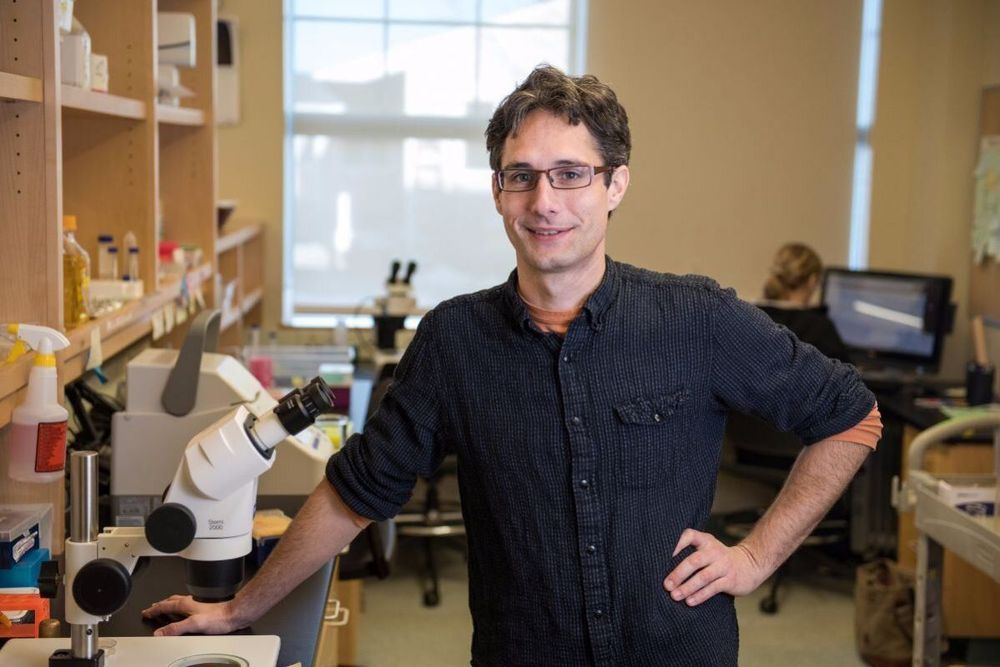
Scientists at the MDI Biological Laboratory, in collaboration with scientists from the Buck Institute for Research on Aging in Novato, Calif., and Nanjing University in China, have identified synergistic cellular pathways for longevity that amplify lifespan fivefold in C. elegans, a nematode worm used as a model in aging research.
The increase in lifespan would be the equivalent of a human living for 400 or 500 years, according to one of the scientists.
The research draws on the discovery of two major pathways governing aging in C. elegans, which is a popular model in aging research because it shares many of its genes with humans and because its short lifespan of only three to four weeks allows scientists to quickly assess the effects of genetic and environmental interventions to extend healthy lifespan.
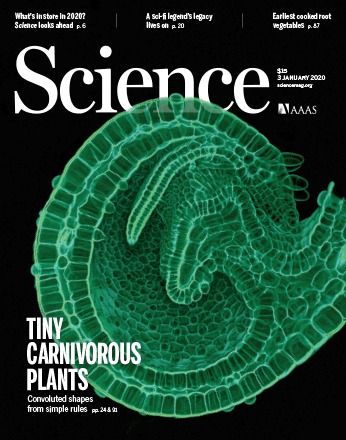
A new unique signal discovered within the brain might be what makes us human:
https://science.sciencemag.org/content/367/6473/83
For the latest news in neuroscience, psychology, and artificial intelligence, please like and follow our Facebook page: https://www.facebook.com/The-Neuro-Network-383136302314720/
A special developmental program in the human brain drives the disproportionate thickening of cortical layer 2/3. This suggests that the expansion of layer 2/3, along with its numerous neurons and their large dendrites, may contribute to what makes us human. Gidon et al. thus investigated the dendritic physiology of layer 2/3 pyramidal neurons in slices taken from surgically resected brain tissue in epilepsy patients. Dual somatodendritic recordings revealed previously unknown classes of action potentials in the dendrites of these neurons, which make their activity far more complex than has been previously thought. These action potentials allow single neurons to solve two long-standing computational problems in neuroscience that were considered to require multilayer neural networks.
Science, this issue p. 83
The active electrical properties of dendrites shape neuronal input and output and are fundamental to brain function. However, our knowledge of active dendrites has been almost entirely acquired from studies of rodents. In this work, we investigated the dendrites of layer 2 and 3 (L2/3) pyramidal neurons of the human cerebral cortex ex vivo. In these neurons, we discovered a class of calcium-mediated dendritic action potentials (dCaAPs) whose waveform and effects on neuronal output have not been previously described. In contrast to typical all-or-none action potentials, dCaAPs were graded; their amplitudes were maximal for threshold-level stimuli but dampened for stronger stimuli. These dCaAPs enabled the dendrites of individual human neocortical pyramidal neurons to classify linearly nonseparable inputs—a computation conventionally thought to require multilayered networks.

Now, DOD is leading a new charge, pouring more than $1 billion annually into hypersonic research. Competition from ambitious programs in China and Russia is a key motivator. Although hype and secrecy muddy the picture, all three nations appear to have made substantial progress in overcoming key obstacles, such as protecting hypersonic craft from savage frictional heating. Russia recently unveiled a weapon called the Kinzhal, said to reach Mach 10 under its own power, and another that is boosted by a rocket to an astonishing Mach 27. China showed off a rocket-boosted hypersonic glide vehicle (HGV) of its own, the Dongfeng-17, in a recent military parade. The United States, meanwhile, is testing several hypersonic weapons. “It’s a race to the Moon sort of thing,” says Iain Boyd, an aerospace engineer at the University of Colorado, Boulder. “National pride is at stake.”
Despite hype and technological hurdles, a hypersonic arms race is accelerating.

Your brain is the orchestra that plays the symphony of your mental experience and your awareness, and that experience is your window on existence and on the universe. Our aim is to preserve, restore, and even improve your mental experience beyond the limits of biology. With dedication, scientific advances within our lifetimes may allow us to record the unique arrangement and responses of neurons and synapses that encode your memories, their active behavior, and ultimately to restore all of that in a neural prosthesis that seamlessly repairs a brain function, or a complete artificial brain. Some of this is still reminiscent of science fiction, but each challenge is well on its way to being a tractable technology problem supported by scientific evidence and understanding.
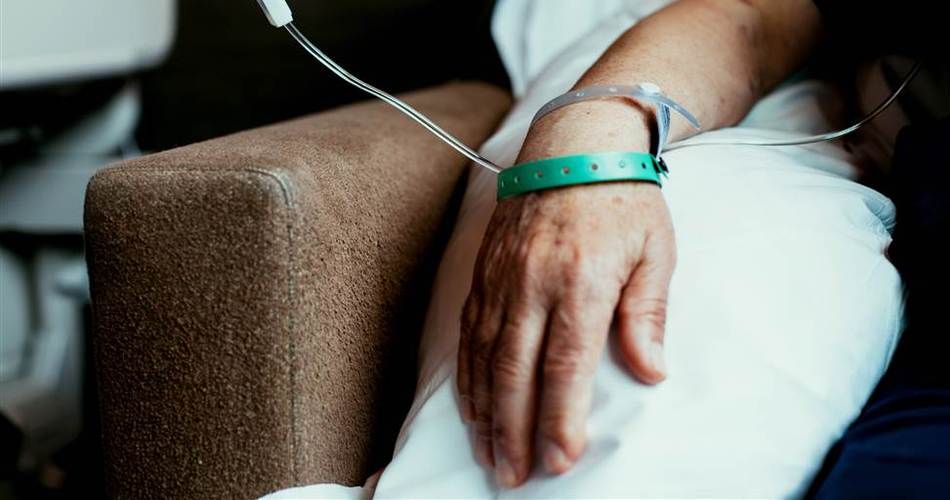
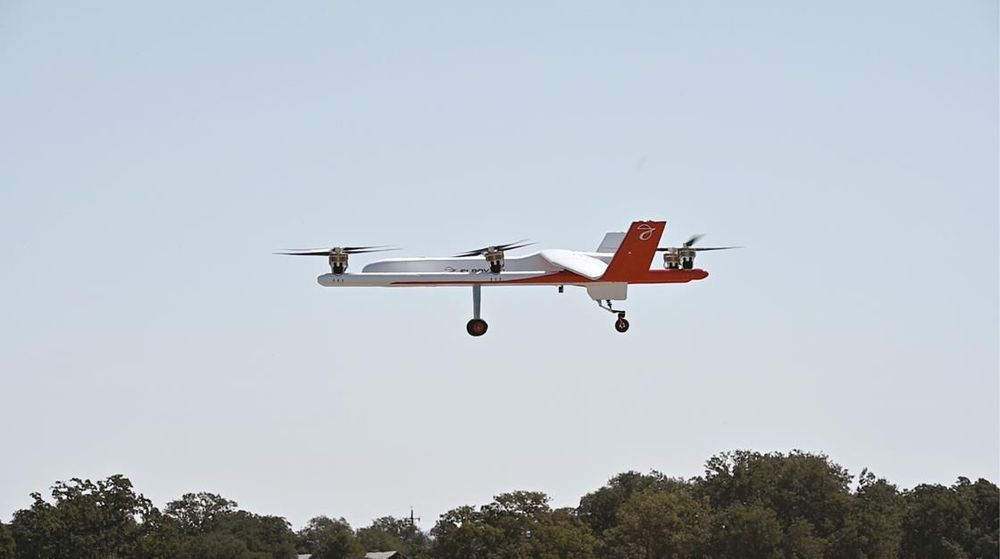
EmbraerX, the Brazilian planemaker’s innovation subsidiary, has signed a collaboration agreement with Silicon Valley drone delivery startup Elroy Air for the purpose of developing the unnamed air cargo market worldwide.
The announcement, made at the Consumer Electronics Show in Las Vegas on 8 January, positions Embraer as an “ecosystem player” in the area of urban air mobility, the disruptive business subsidiary’s president and chief executive Antonio Campello tells FlightGlobal.
The companies did not disclose details about the collaboration such as time frame or cost, but say they are already at work together and hope to present results soon.